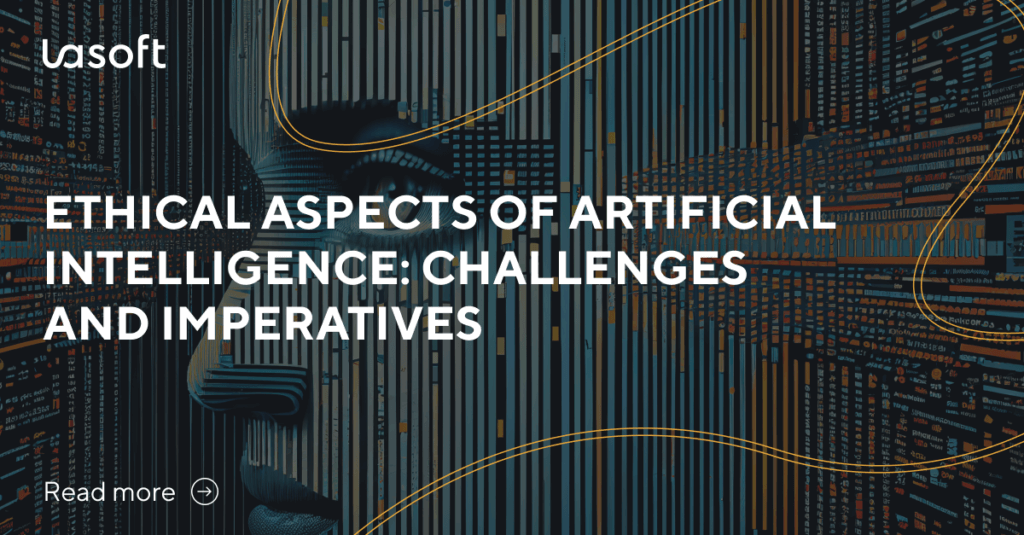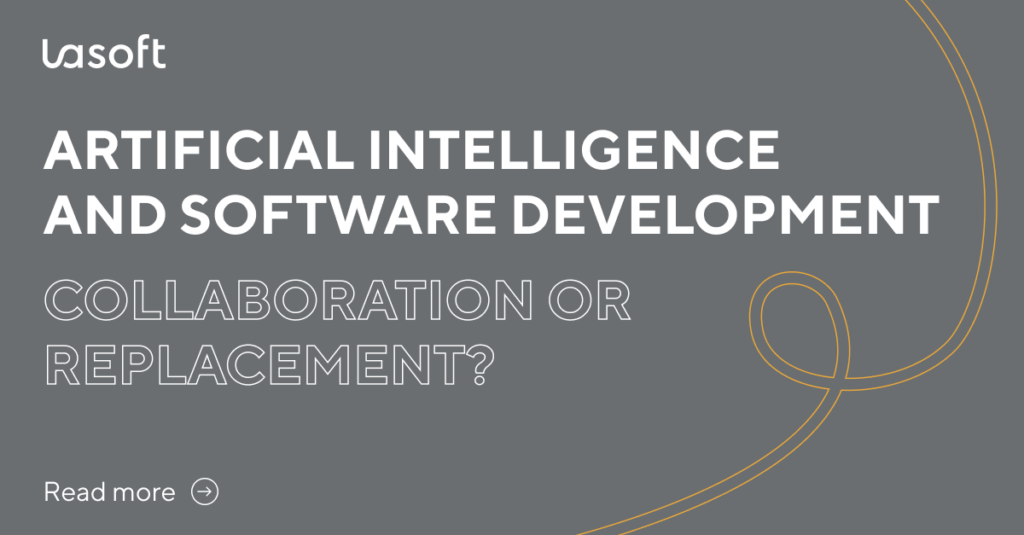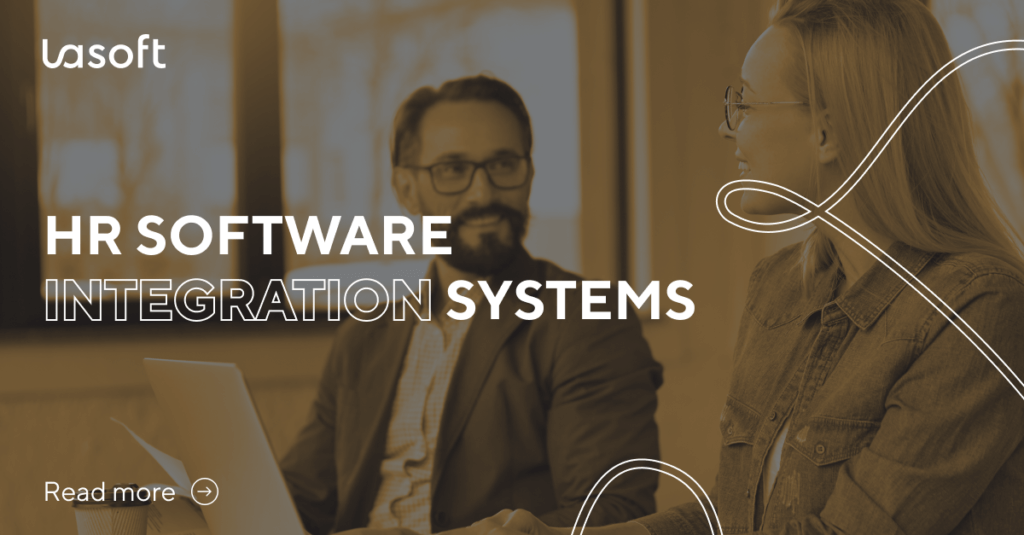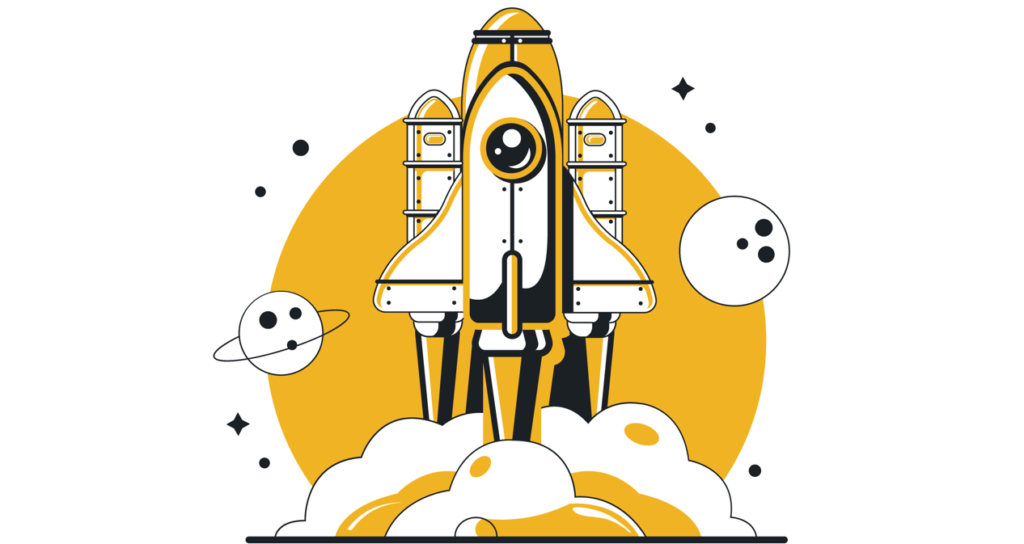In the rapidly evolving domain of Artificial Intelligence (AI), the intersection of technology and ethics has become a critical area of concern. AI, defined broadly as the capability of machines to mimic human cognitive functions such as learning, problem-solving, and decision-making, has permeated various aspects of our daily lives, from healthcare and education to finance and entertainment.
Author: Mykhailo Sheludko
Today, we’re tackling a topic that’s revolutionizing the way companies build and manage their tech teams – Staff Augmentation in Software Development. In an industry where technology evolves at lightning speed, staying agile and adaptable isn’t just an advantage; it’s a necessity. That’s where staff augmentation comes into play. It’s a strategy that’s helping businesses across the globe to not just keep up, but to lead in the competitive tech arena. But what exactly is staff augmentation? How is it …
Today we’re delving into the realm of software monetization – the strategies that can turn your code into cash. Whether you’re a startup founder, an indie developer, or part of a larger tech company, understanding how to effectively monetize your software is crucial for your success.
Today, we’re diving into a topic at the heart of one of the most critical industries globally – insurance. We’re talking about insurance software technologies, an arena that’s reshaping how insurance companies operate, interact with customers, and manage risks.
In the dynamic landscape of entrepreneurship, turning innovative ideas into successful products often requires a crucial initial step – MVP development. Startups across the United States are increasingly relying on specialized funding platforms to fuel their Minimum Viable Product (MVP) journey.
In an era marked by rapid technological advancements, the question of whether artificial intelligence (AI) will replace human software developers has become a topic of both curiosity and concern. While AI has made significant strides in automating certain aspects of software development, the relationship between AI and human developers is evolving into a dynamic collaboration rather than an outright replacement.
Different integration systems play a crucial role in HR software integration. HR software integration involves connecting different HR software systems so that they can exchange data and work seamlessly together. To achieve this, organizations often use integration systems such as APIs, middleware, and integration platforms.
There are several types of HR software available on the market, each designed to address specific HR management needs. Some of the most common types of HR software include: applicant tracking systems (ATS), human resource information systems (HRIS), payroll software, performance management software, learning management systems (LMS), time and attendance software, benefits administration software, employee engagement software, compliance software and so on.
While the Ukrainian software industry is developing, global companies are wondering which Ukrainian companies are the best in software development. We asked the trendy ChatGPT to rank the national players by their achievements. Also we were curious about what it thinks about LaSoft. Here’s what we got.
There is a trend in the Ukrainian software market to try and test the recently announced ChatGPT bot — an AI conversation tool, which can systematize information from open sources, put it in order and even generate certain plausible conclusions. Driven by curiosity, we asked a few questions about the Ukrainian software development industry and found the answers to be pretty interesting to share.









